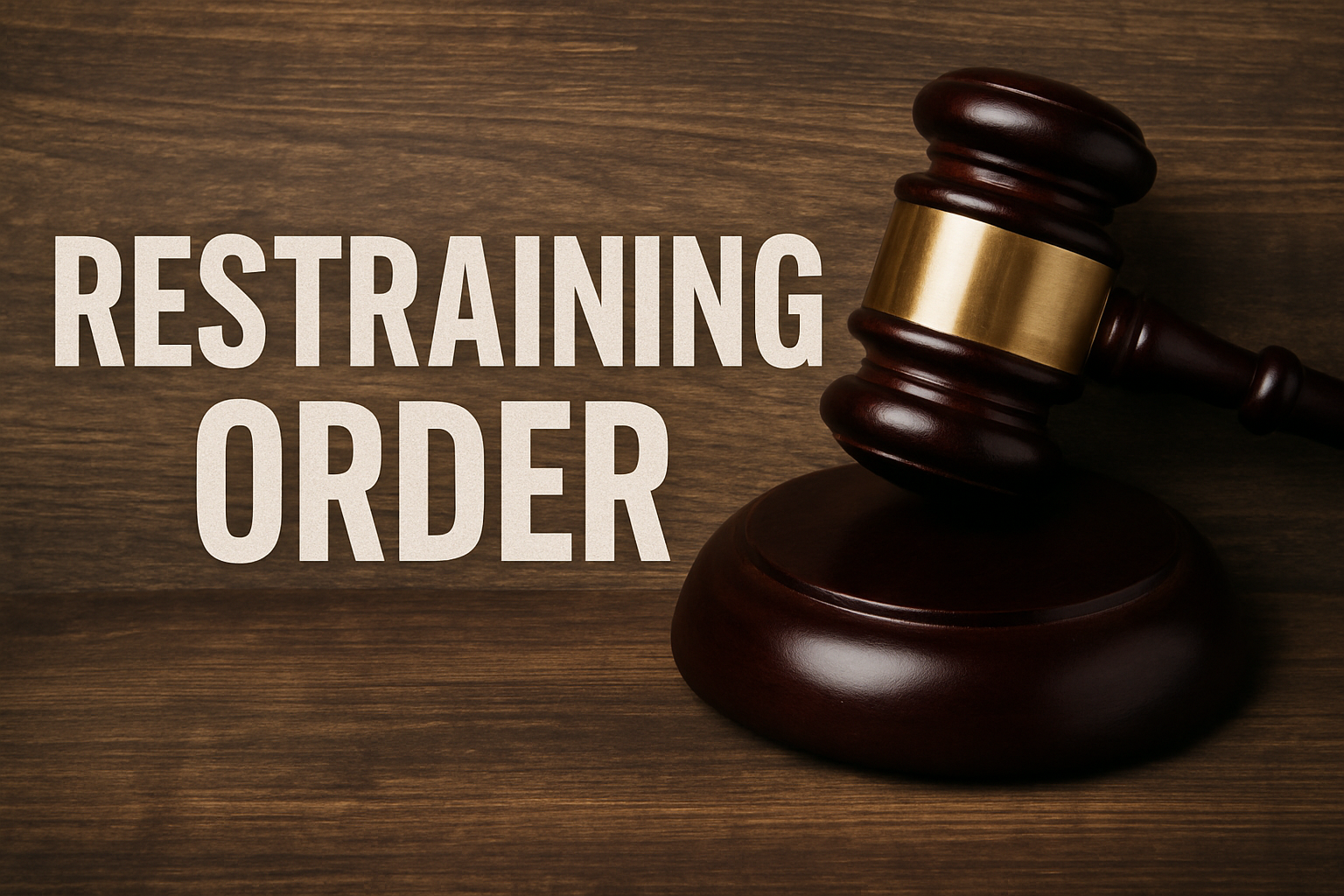Introducing a significant other to your kids (and/or your ex)? Read this first.
Ariel Peres, Esq. | 06-Jul-2025
Introducing a new partner to your children post-divorce is one of the most delicate steps you'll take and how you handle it can affect your children’s emotional well-being, your co-parenting dynamic, and even your custody arrangement.Here’s what I advise every client: take this step seriously and do it thoughtfully. Timing Is Everything First rule: wait.A minimum of six months and ideally a year should pass before you introduce your significant other to your children...
Introducing a new partner to your children post-divorce is one of the most delicate steps you'll take and how you handle it can affect your children’s emotional well-being, your co-parenting dynamic, and even your custody arrangement.
Here’s what I advise every client: take this step seriously and do it thoughtfully.
Timing Is Everything
First rule: wait.
A minimum of six months and ideally a year should pass before you introduce your significant other to your children. Yes, this new person is probably a breath of fresh air compared to your nightmare of an ex, but they may not be your forever person. The timeline isn’t just about your comfort; it’s about your child’s emotional safety. After all, divorce often feels like a string of losses for kids. Introducing a new person too soon can feel like one more relationship they have to worry about losing.
Vet the Relationship, for Real
Before your partner meets your children, you should already know how they behave around kids in general. Watch them interact with other children. Talk to them candidly:
- “What if my child doesn’t like you?”
- “How would you handle it if my child had a meltdown in public?”
- “What is your disciplinary style?”
- “How do you feel about the co-parenting relationship I have with my ex?”
These conversations matter. I find that people often clash when they have two different parenting style approaches. Your new partner is not really going to be able to disciple your child, but they are going to watching how you do it. If you are not on the same page of how you would handle different situations, that will create tension in your relationship and could lead to its demise. If they aren’t comfortable navigating those dynamics with maturity and respect, they may not be ready to meet your children.
Giving your Ex a Heads-Up
Yes, not an easy step. I will admit, but it’s an important one. It may feel awkward, but out of respect for the co-parenting relationship (especially in the eyes of a judge) and to minimize confusion or defensiveness—you should inform your ex before introducing a new partner to your child. This is not about asking for permission. It’s about clear communication and stability for your kids. And, unless you’re dating a felon, escort, or someone who could not pass a background check, chances are your ex cannot say much about them. If you’re taking the time to even read up on this topic, hopefully you’ve chosen your new partner wisely.
How to Make the Introduction to Your Children
Start small. Consider introducing your significant other as a “friend.” No pressure. No big reveal. See how your child reacts to spending time together casually, without defining the relationship.
Avoid overnight visits during your parenting time until your partner has been in your life for at least a year. Even then, it should only happen once it’s clear that your child is comfortable around them and the two of them get along well. For some kids, that can take time and that’s okay.
And never let your partner speak negatively about the other parent in front of your children. That behavior is not only inappropriate, but it’s damaging and could hurt your custody or visitation rights if it becomes a pattern. Stick to the golden rule we all earned ages ago: treat others as one would want others to treat oneself. No one wants to learn about a new partner through their child.
Blended Families vs. Dating Someone Without Kids
Blending families brings a different set of challenges and opportunities. If your partner has children, consider a playdate-style introduction. Kids may feel more at ease meeting in a group with other children their age. You can even align parenting schedules to help create a shared rhythm as long as the kids get along. If they don’t, pushing the blend too fast can backfire. They won’t want to come over as much and this could be a roadblock for your relationship with your children.
On the other hand, if your partner doesn’t have children, they’ll need time (and maybe a little coaching) to understand what your kids need emotionally. You’re not just dating each other; you’re building a potential family dynamic. Even if your child is the best, kids are never a walk in the park. You need to make sure your partner can handle it even when your kid is being a pain, which happens. I often refer client’s new partners to parenting coaches or have them take online parenting classes.
Be Clear: No One Is Being Replaced
This is crucial.
Make sure your child understands:
“This person is not a replacement for your mother (or father). No one will ever replace her. I don’t expect you to feel that way, and I never will.”
Your child needs to hear that explicitly, especially if they’re harboring silent fears about being expected to “like” or “accept” someone new. Don’t forget that this puts a lot of pressure on your kid.
Build Their Relationship One-on-One
Set up one-on-one time for your child and your partner. Not every interaction should involve you. Children form their own opinions and bonds and giving them space to do that is key to an authentic relationship. Fun activities can help build bonds and sharing new experiences together. No, I am not talking about having your new girlfriend bring your child to their doctor’s appointment. That is no one’s idea of fun. I am talking about bringing them to a rock-climbing gym, pottery lesson, or a kids art class.
And finally: check in. Ask your children privately how they feel about your new partner. You can ask this casually in a car ride, so there is less pressure. If there’s tension, don’t ignore it. It can affect your parenting, your new relationship, and most importantly your child’s sense of safety and trust in you.
________________________________
Bottom line: A careful, child-centered approach now can save you years of emotional fallout later. There’s no one-size-fits-all roadmap here, but the guardrails are clear: take your time, stay transparent, and always put your child’s stability first.
Disclaimer: This article is for general informational purposes only and does not constitute legal advice. Reading this article does not create an attorney-client relationship between you and the author. You should consult with a qualified attorney for advice specific to your individual situation.
Peres Family Law is here to provide you with personalized legal solutions tailored to your unique situation.
Whether you're facing complex divorce proceedings, custody disputes, or navigating spousal and child support agreements, our dedicated team is here for you.
Our goal is to empower you with the knowledge and confidence necessary to navigate the complexities of family law with ease and peace of mind.

What our clients say





